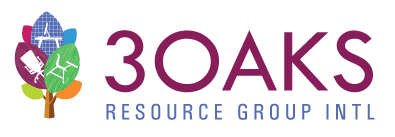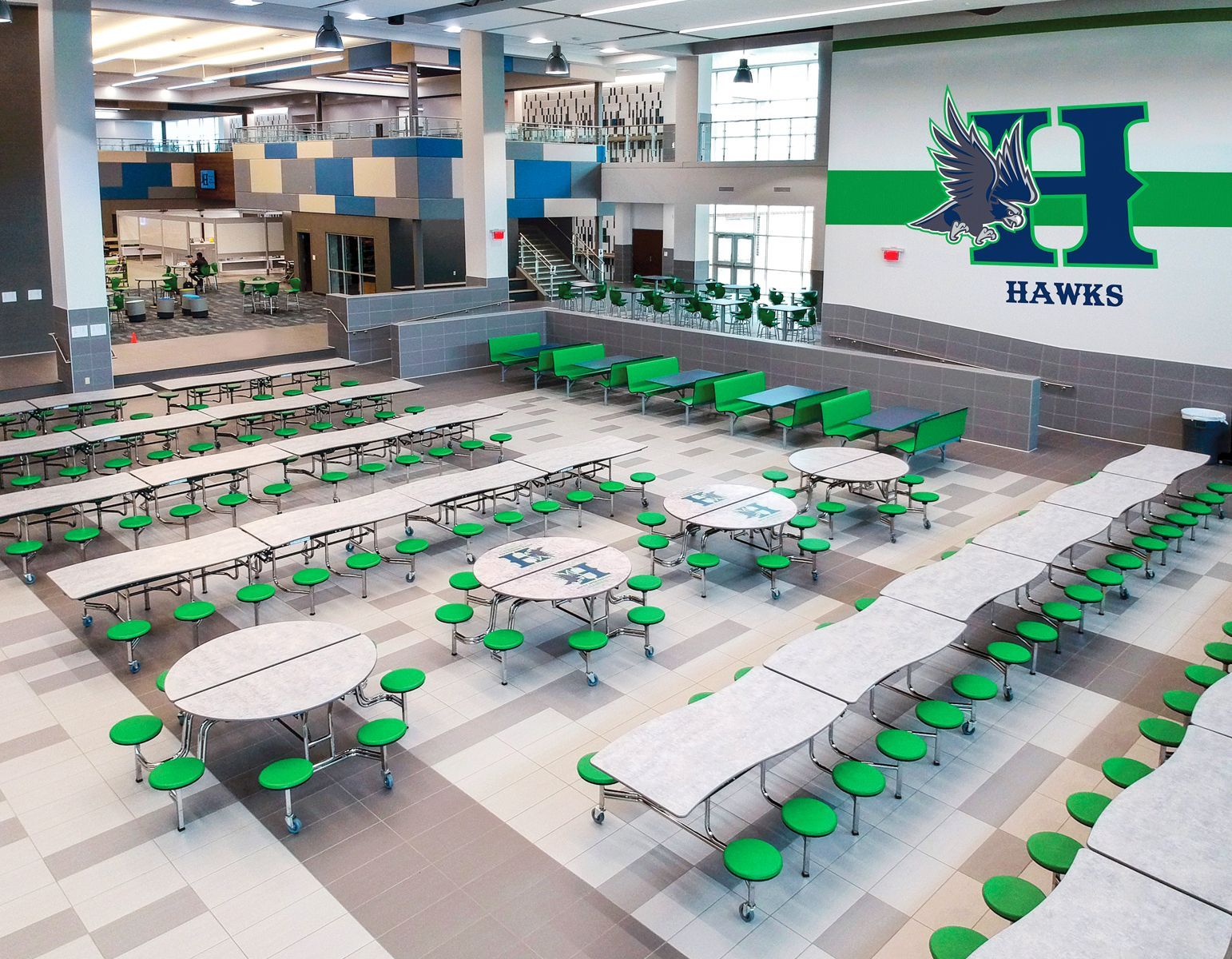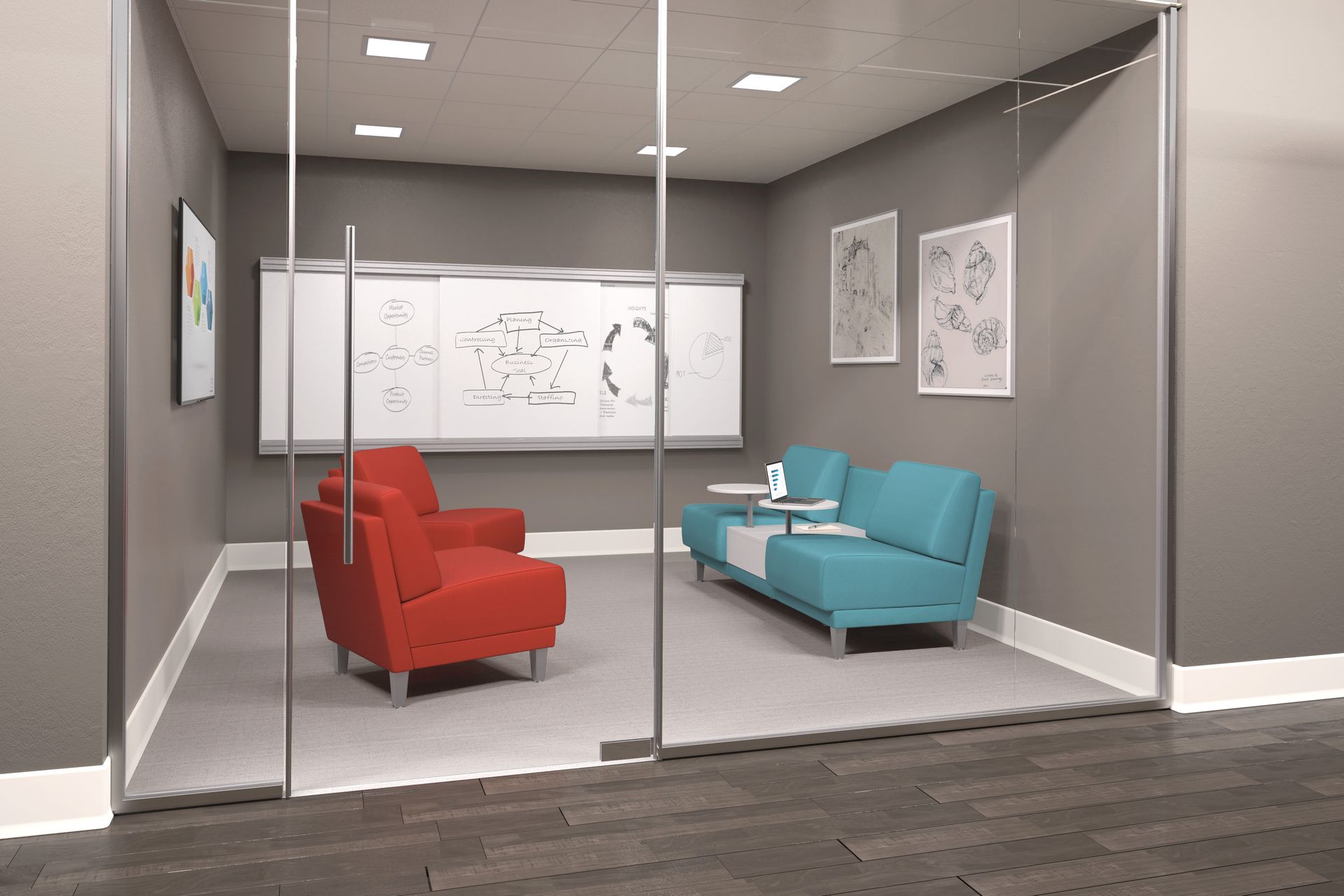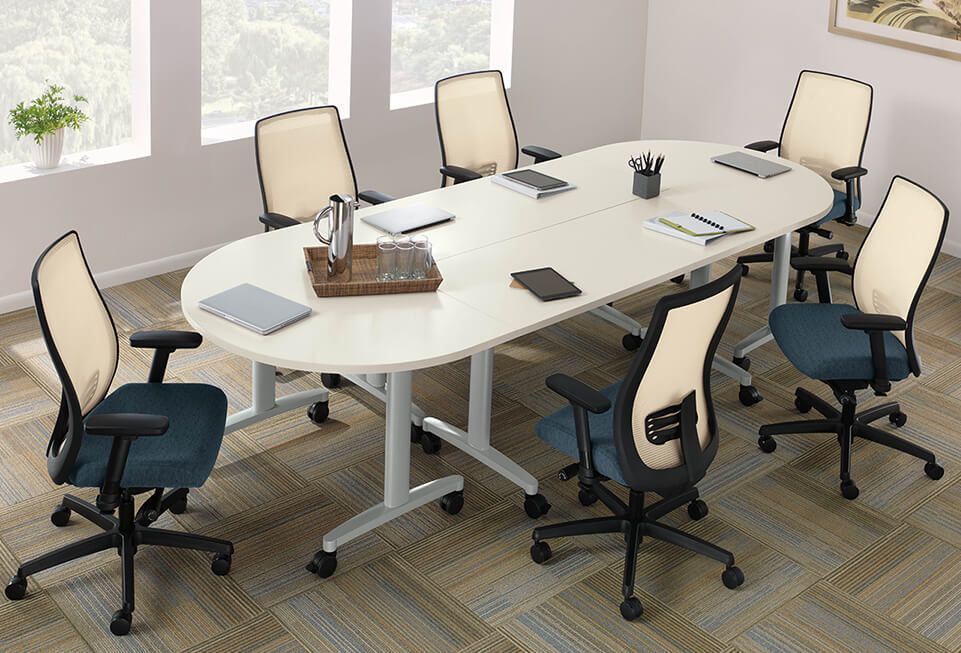FURNITURE AND SPACE TRENDS
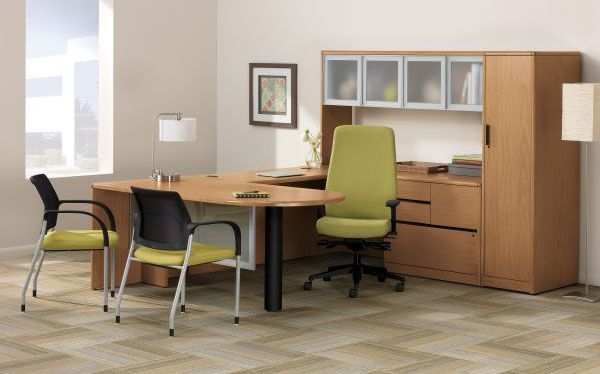
School administrative offices are the heartbeat of any educational institution, managing daily operations, fostering communication, and serving as the first impression for visitors. Thoughtfully designed admin spaces can significantly impact efficiency, comfort, and morale. When planning these spaces, it's essential to focus on ergonomics, functionality, and aesthetics. Here are the top five furniture essentials for designing school administrative offices, paired with insights on how to select pieces that offer style, durability, and flexibility.
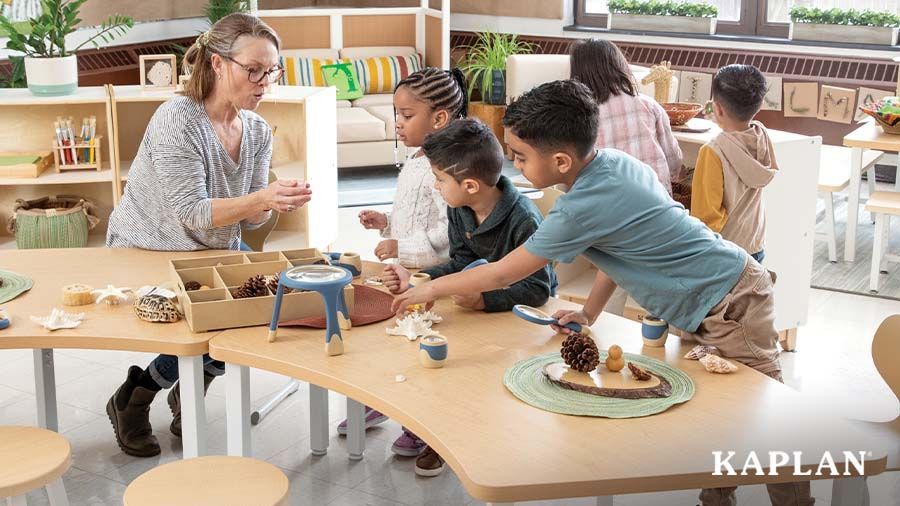
Creating focus, flexibility, and function in 21st-century classrooms. As schools continue to adopt student-centered instructional models, one exciting evolution in classroom design is the rise of Hands-On Learning Zones . In STEM, STEAM, and Maker-based education—where experimentation, iteration, and innovation are key—classrooms are now being carved into defined functional areas : build zones, tech zones, collaboration zones, and more. This approach doesn’t just organize a room—it transforms the learning experience . When classrooms are thoughtfully divided into zones optimized with the right furniture, tools, and layout, students are empowered to focus, explore, and thrive.
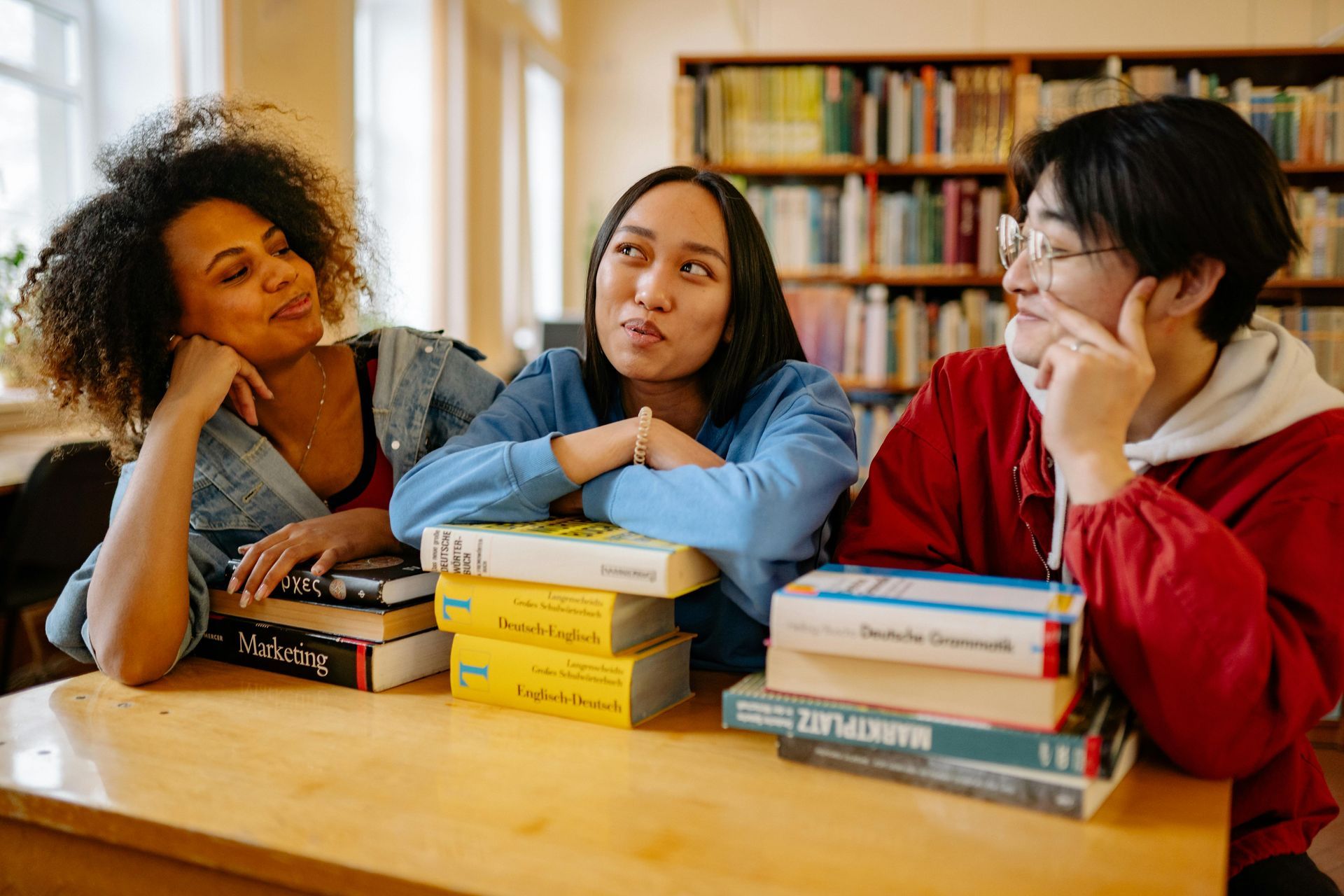
In an age where screens dominate our daily lives, a surprising yet impactful trend is gaining traction in schools across the country: Tech-Free Zones . These thoughtfully designed areas encourage students to disconnect from digital devices and re-engage with their peers, their educators, and the world around them. By minimizing screen time in key parts of the school day, schools are creating focused, collaborative, and socially rich learning environments.
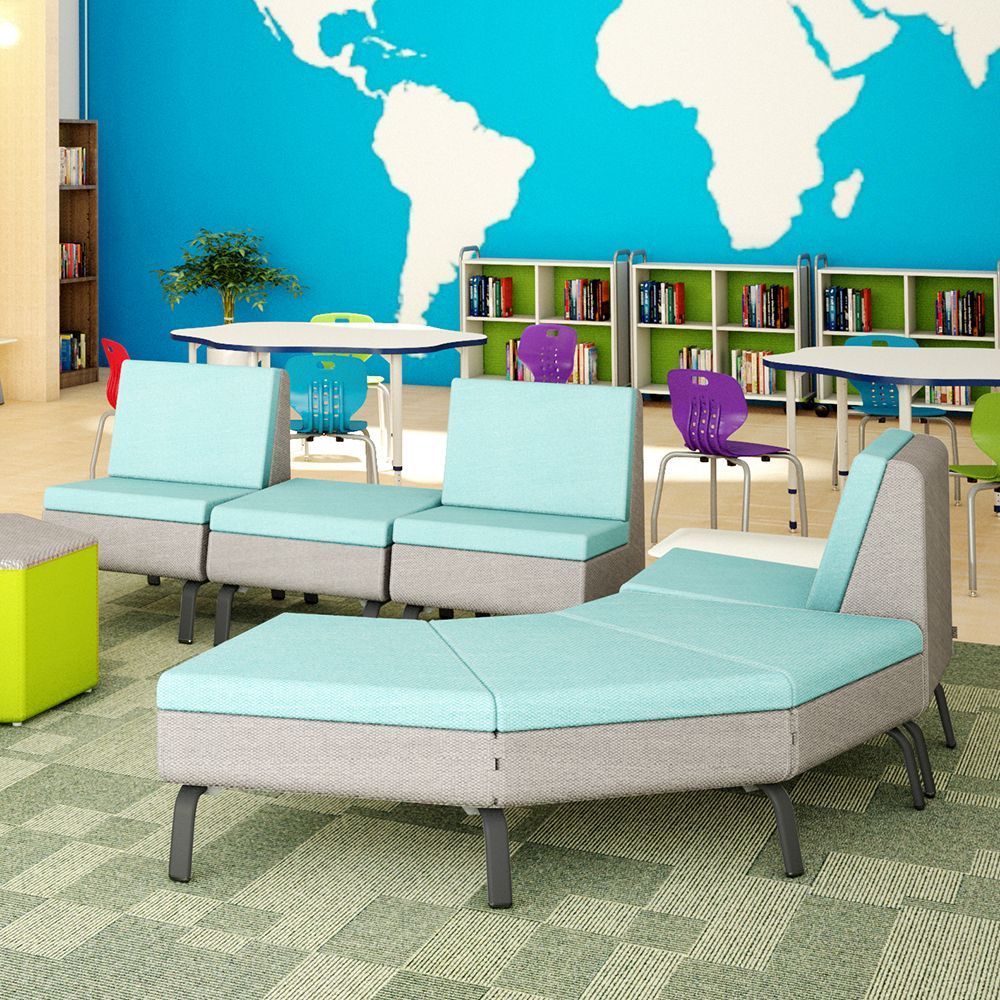
Today’s school libraries are evolving from quiet reading rooms into dynamic, multifunctional learning hubs. They're no longer just places for books—they're where students research, collaborate, create, and connect. Whether you're reimagining an elementary school media center or designing a high school library from the ground up, thoughtful design is key to building a space that supports modern education. Here are five essential strategies for designing a school library that inspires curiosity and adapts to a variety of learning styles.
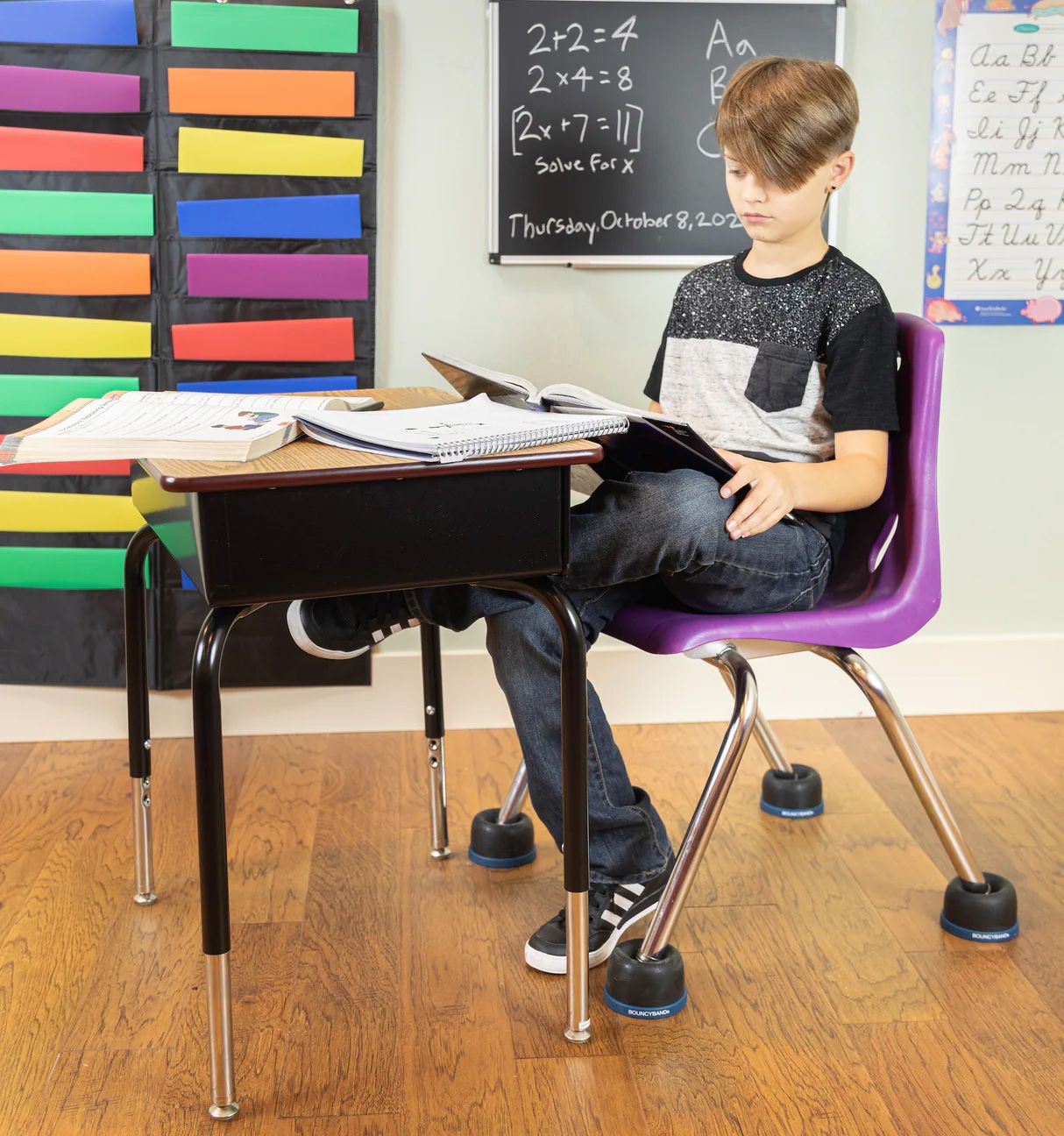
Today’s classrooms are designed to inspire. But for some students, the constant motion, noise, and visual clutter can make it hard to feel calm or focused. That’s especially true for learners with sensory sensitivities, attention challenges, or anxiety—needs that are becoming more common in schools across the country.

